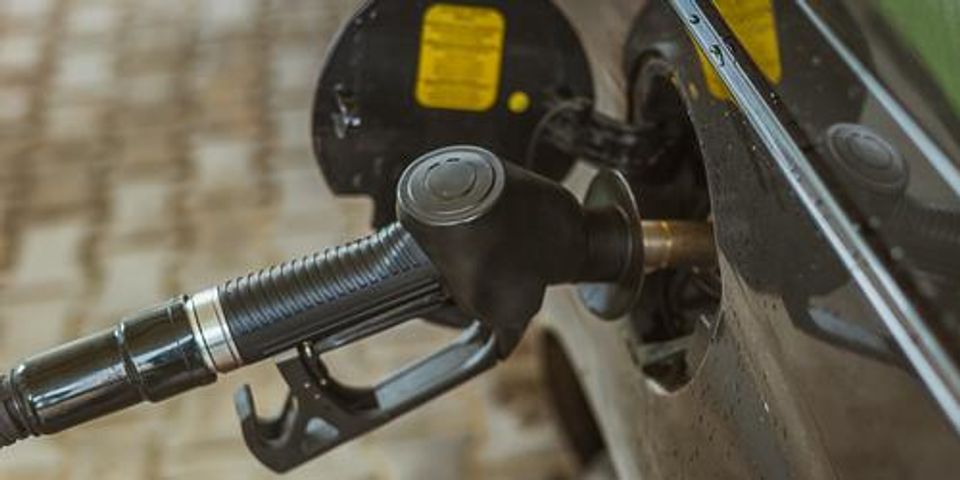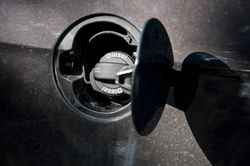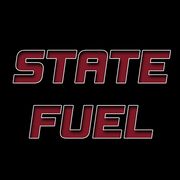What’s the Difference Between Gasoline & Diesel?

While everyone has seen both gasoline and diesel pumps at gas stations, the exact difference between the two fuels is most likely a little foggy. Here are some of the main ways they differ from each other and some of the various ways they interact with engines.
Gasoline & Diesel: A Breakdown
Same Source, Different Fuel
Both gasoline and diesel come from the same source: crude oil. Crude oil’s flexibility allows it to be refined into fuels of differing consistencies. Diesel, for instance, is a much thicker fuel than gasoline. In terms of combustibility, gasoline is more flammable.
Different Engine Types
 Because of the variation in consistency, diesel and oil require different types of engines to operate. Gasoline engines combine the fuel and air to form a vapor. This is compressed by a piston and then ignited by a spark plug.
Because of the variation in consistency, diesel and oil require different types of engines to operate. Gasoline engines combine the fuel and air to form a vapor. This is compressed by a piston and then ignited by a spark plug.
Diesel engines operate in a somewhat similar way but differ in their combustion method. Instead of mixing the fuel and air together, they compress air with a piston, creating an environment of high pressure and heat. Diesel is then injected into the compressed air and ignited. The process of extreme compression makes diesel engines typically more expensive than gasoline ones.
Different Fuel Economies & Emissions
Because diesel is denser than gasoline, it usually packs more energy. This gives its engines an overall higher energy efficiency than gasoline ones. Less carbon dioxide and monoxide are emitted by diesel engines as well, although they do spit out more particulates. This issue, however, has been continually improved over the years thanks to more advanced refinement technology.
State Fuel Company has provided the best fuel services to the Rochester, NY, region for nearly 80 years. With affordable and high-quality products ranging from diesel to kerosene and a dedication to customer service, the company takes pride in working with both residential and commercial clients. For more information, call (585) 247-2380 or visit the website today.
About the Business
(16 reviews)
Have a question? Ask the experts!
Send your question

